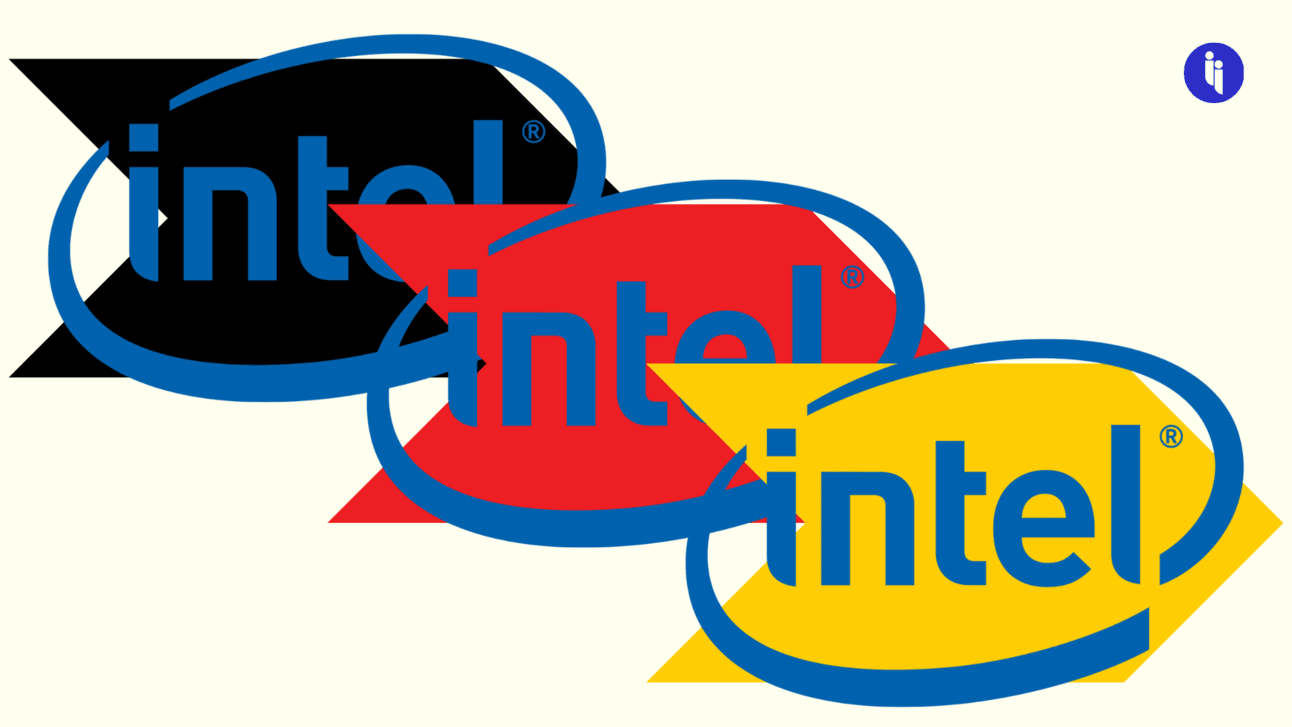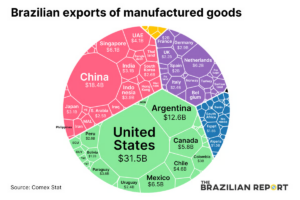US-based chipmaker Intel is reportedly encountering bottlenecks in its effort to build a vast new microchip facility in the east German city of Magdeburg.
Back in June, Intel announced it’d build a $33B mega-facility there by the end of this decade, with $11B in subsidies from Berlin. As Germany’s largest ever foreign direct investment, the idea was to:
- 📈 Help lift the EU’s chip output from 10% to 20% of the global total, and
- 🚗 Lower Germany’s reliance on offshore producers for chips in key products like electric cars.
But Jimmy Vielkind at the Wall Street Journal has shed light on some of the local challenges emerging already, including:
Stay on top of your world from inside your inbox.
Subscribe for free today and receive way much more insights.
Trusted by 142,000+ subscribers
No spam. No noise. Unsubscribe any time.
- ✌️ A tight labour market (only two chip apprentices have signed up)
- ⚡ High energy costs (40% higher than in neighbouring France)
- 🧑🤝🧑 Community concerns in the city of 240,000 people
- 🚌 Lack of schools, housing, and services for worker families, and
- 🎤 Political debate around the incentives and subsidies Intel gets.
It’s very early days yet, but still… not the smoothest of starts.
Intrigue’s take: At their heart, subsidies are basically an attempt to bend an economic reality to a political will.
Sometimes that reality is flexible enough to work. But when it isn’t, governments face pressure to roll out a second round of subsidies (e.g., for electricity), to nudge the first along. And when that second round needs help, someone suggests a third batch. And… well, you get the picture.
This isn’t to say that subsidies are inherently bad. They’re just inherently hard, because they’re a static tool trying to shape a dynamic reality.
Also worth noting:
- Germany is projected to be the only major European economy to shrink this year.
- Germany is also subsidising a major chip plant near Dresden for the Taiwanese Semiconductor Manufacturing Company.
- The EU just re-imposed a $410M fine on Intel for anti-competitive conduct in the chips sector.








